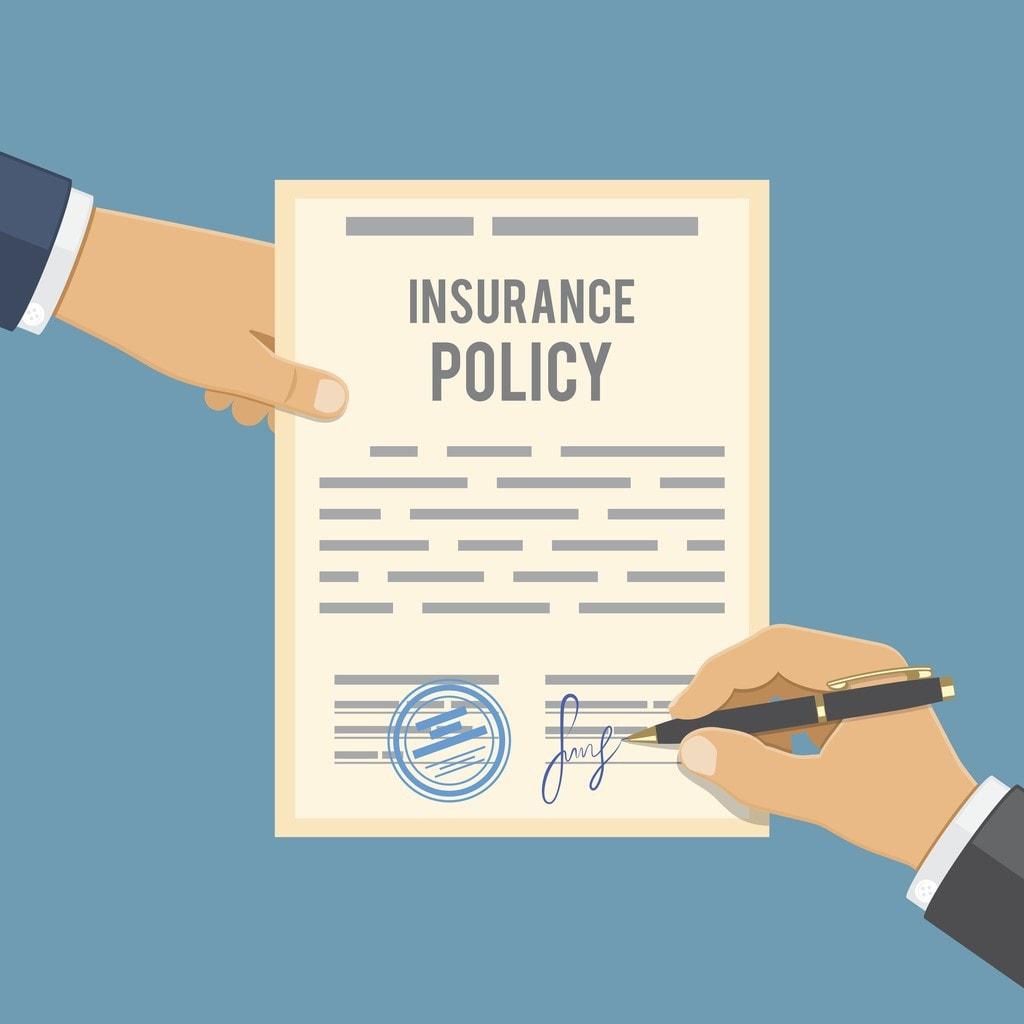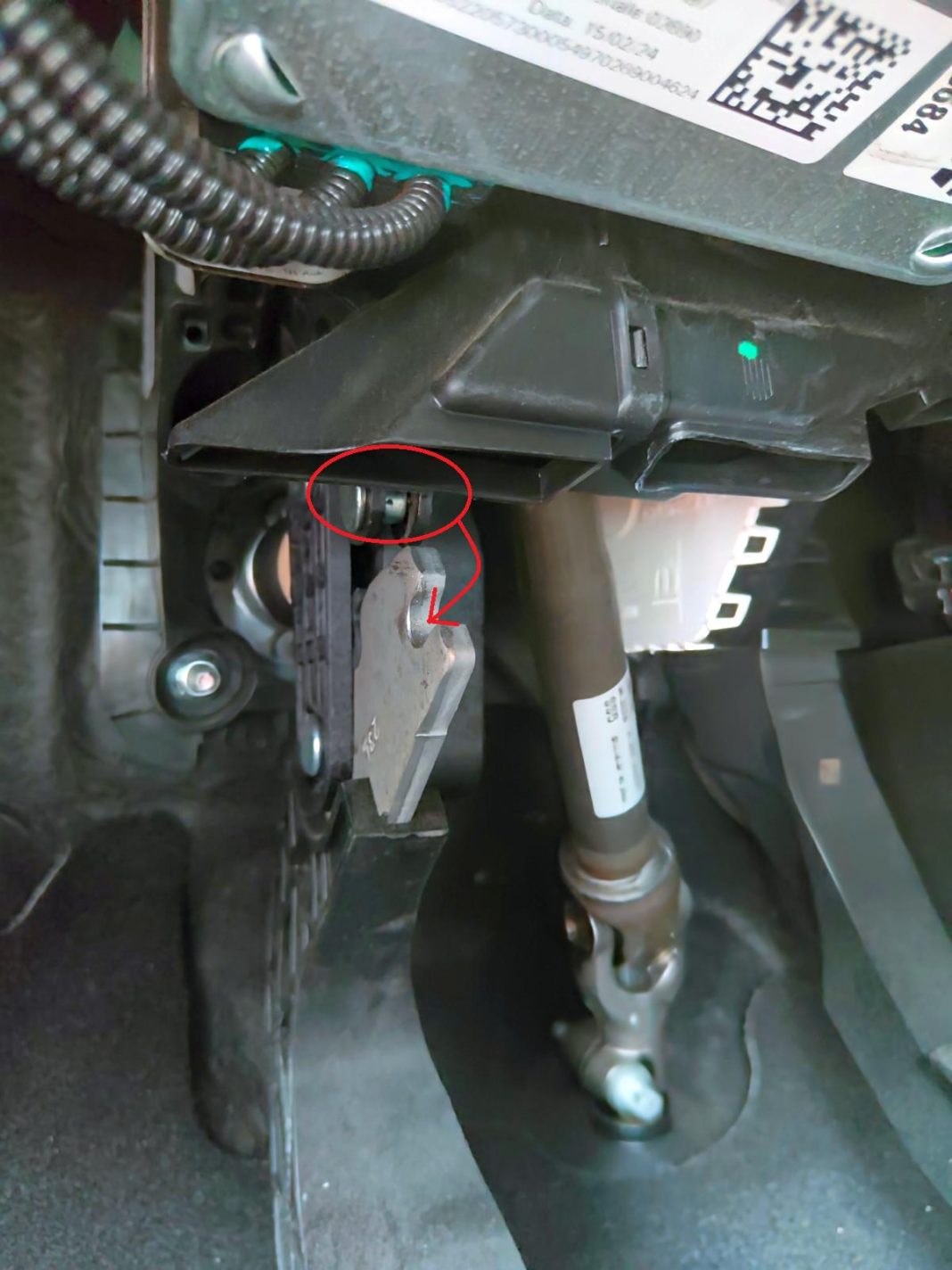Navigating the complexities of insurance claims can often feel like traversing a labyrinth, especially when the payout falls short of your expectations. Whether it’s a claim related to health, auto, home, or any other type of insurance, receiving less compensation than anticipated can be both frustrating and financially challenging. Understanding the intricacies of your policy, knowing your rights, and effectively communicating with your insurer are crucial steps in addressing this issue. In this article, we will provide you with a comprehensive guide on how to respond when your insurance claim payout is less than expected, offering expert advice and actionable steps to help you secure the compensation you rightfully deserve.
Understanding the Discrepancy: Analyzing Your Insurance Policy and Claim Assessment
Upon receiving a payout that falls short of your expectations, the first step is to thoroughly scrutinize your insurance policy and the claim assessment report. Understand the fine print of your policy, as it often contains key details about coverage limits, deductibles, and exclusions. Compare these details with the claim assessment to identify any discrepancies. Here are some common areas to focus on:
- Coverage Limits: Ensure the payout aligns with the maximum limits specified in your policy.
- Deductibles: Verify if the deductible amount was correctly subtracted from the claim payout.
- Policy Exclusions: Check if any parts of your claim fall under the exclusions section of your policy.
- Documentation: Confirm that all necessary documents were provided and correctly interpreted by the insurer.
If discrepancies are found, contact your insurance company with clear documentation of your findings. Politely request a detailed explanation or reassessment of your claim. Being well-informed and prepared will strengthen your position and facilitate a more favorable resolution.
Effective Communication: Engaging with Your Insurance Provider for Clarification
When dealing with an unexpected shortfall in your insurance claim payout, it’s crucial to engage effectively with your insurance provider to seek clarification. Start by thoroughly reviewing your policy documents and the claim settlement details provided. Identify any discrepancies between the payout and the expected amount, making sure to note specific clauses or terms that may have been overlooked. Armed with this information, approach your insurer with a clear, concise, and factual narrative.
- Prepare your questions: Before contacting your provider, list all pertinent questions and concerns. Be specific about the figures and policy sections that need clarification.
- Use multiple communication channels: If your insurer offers online chat, email, and phone support, utilize these to ensure your queries are addressed promptly.
- Document your interactions: Keep a detailed record of all communications, including dates, times, and the names of representatives you speak with.
Maintain a professional tone throughout your interactions, emphasizing your desire for a clear understanding rather than confrontation. By demonstrating preparedness and professionalism, you enhance the likelihood of a satisfactory resolution to your concerns.

Gathering Evidence: Documenting and Supporting Your Case for a Reassessment
When you find yourself with an insurance claim payout that doesn’t meet your expectations, it’s crucial to meticulously gather evidence to support your case for reassessment. Start by compiling all relevant documentation associated with your claim. This includes the original claim form, correspondence with the insurance company, and any estimates or reports provided by professionals such as contractors or medical experts. Keep a detailed record of phone calls, including dates, times, and the names of the representatives you spoke with.
- Photographic Evidence: Capture clear and comprehensive photos or videos of the damage or loss. Ensure these images are time-stamped to validate when they were taken.
- Receipts and Invoices: Gather any receipts or invoices for repairs, replacements, or services related to your claim. These documents will substantiate the actual costs incurred.
- Expert Opinions: If applicable, obtain written statements from experts that corroborate your claim’s validity and the extent of the damage or loss.
- Policy Details: Review your insurance policy carefully. Highlight sections that support your claim and any terms that the insurer might have overlooked or misinterpreted.
Presenting a well-documented case not only strengthens your position but also demonstrates your preparedness and understanding of the process. This comprehensive approach can significantly enhance your chances of a favorable reassessment.

Seeking Professional Assistance: When to Consult an Insurance Claims Expert
If you find yourself grappling with an insurance claim payout that falls short of your expectations, it may be time to consider consulting an insurance claims expert. These professionals can provide invaluable insights and assistance in navigating the often complex landscape of insurance claims. Here are some scenarios when seeking professional help might be the best course of action:
- Complex Policy Language: Insurance policies can be riddled with jargon and fine print. An expert can help interpret these complexities and ensure that you understand your entitlements fully.
- Disputed Claims: If your claim has been denied or disputed, a claims expert can provide guidance on the best steps to challenge the decision, potentially increasing your chances of a favorable outcome.
- Negotiation with Insurers: Experts often have extensive experience negotiating with insurance companies and can advocate on your behalf to secure a more equitable payout.
- Documentation and Evidence: Ensuring all necessary documentation and evidence is properly compiled can be a daunting task. An expert can streamline this process, making sure that nothing is overlooked.
By leveraging the expertise of a professional, you can enhance your understanding of the claims process, safeguard your rights, and potentially secure a payout that more accurately reflects your needs and losses. Remember, when the stakes are high, professional guidance can be your most valuable asset.

